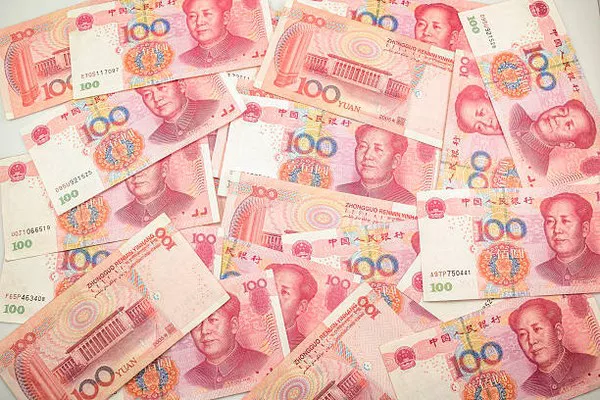In the dynamic world of international finance, the Chinese yuan has emerged as a formidable force, securing its position as one of the most traded currencies globally. This ascendance has not only reshaped the landscape of global trade but has also underscored China’s economic prowess. In this article, we delve into the factors that contribute to the dominance of the Chinese yuan in international trade, exploring the economic, geopolitical, and strategic elements that have propelled it to the forefront of the global currency market.
Economic Reforms and Opening Up
China’s meteoric rise as an economic powerhouse can be attributed, in large part, to the series of economic reforms initiated in the late 20th century. Deng Xiaoping’s policies, beginning in the late 1970s, marked a paradigm shift for China, transitioning from a centrally planned economy to a more market-oriented one. The opening up of China’s economy, facilitated by these reforms, encouraged foreign investment, boosted exports, and paved the way for the internationalization of the yuan.
Trade Surpluses and Accumulation of Reserves
China’s consistent trade surpluses have played a pivotal role in the global acceptance of the yuan. As the world’s largest exporter, China accumulates vast reserves of foreign currencies, and the government has actively sought to diversify these reserves away from traditional holdings like the U.S. dollar. The yuan’s inclusion in the International Monetary Fund’s (IMF) Special Drawing Rights (SDR) basket in 2016 was a significant milestone, acknowledging its growing importance in the global monetary system.
Strategic Belt and Road Initiative (BRI)
China’s ambitious Belt and Road Initiative, launched in 2013, has further propelled the internationalization of the yuan. This colossal infrastructure project aims to enhance connectivity and trade between China and other participating countries, spanning Asia, Europe, and Africa. By facilitating transactions in yuan, China not only promotes its currency but also establishes the yuan as a preferred medium for settlements in cross-border trade, reducing dependence on other reserve currencies.
Financial Market Reforms
To bolster the global standing of the yuan, China has implemented a series of financial market reforms. The establishment of offshore yuan centers, such as the one in Hong Kong, has facilitated greater international usage of the currency. Additionally, the liberalization of interest rates and the opening up of the Chinese bond market to foreign investors have made the yuan more attractive for global investors seeking diversification.
Currency Internationalization and Cross-Border Usage
China has actively promoted the internationalization of the yuan by encouraging its use in cross-border trade settlements. Bilateral currency swap agreements with various countries, allowing trade to be conducted in yuan, have increased the currency’s reach. Furthermore, the expansion of the Renminbi Qualified Foreign Institutional Investor (RQFII) program has provided foreign investors with greater access to Chinese financial markets, fostering the global use of the yuan.
Renminbi Hub Network
China has strategically established a network of renminbi (RMB) hubs around the world, creating an infrastructure that supports the use of its currency. These hubs facilitate the clearing and settlement of yuan-denominated transactions, making it more convenient for international businesses to use the currency. Key financial centers like London, Singapore, and Frankfurt have embraced their roles as offshore yuan hubs, further embedding the yuan in global financial systems.
Geopolitical Shifts and De-dollarization
As geopolitical tensions evolve, countries around the world are increasingly exploring alternatives to the U.S. dollar for trade and investment. The Chinese yuan, with its growing influence and stability, has become an attractive option. Some nations view the yuan as a strategic reserve currency, allowing them to reduce reliance on the U.S. dollar and mitigate potential vulnerabilities associated with a single dominant currency.
SEE ALSO Is the RMB Truly a Floating Currency?
Conclusion
The rise of the Chinese yuan as one of the most traded currencies in the world reflects not only China’s economic strength but also its strategic vision and meticulous planning. The combination of economic reforms, trade surpluses, ambitious initiatives like the Belt and Road, and financial market liberalization has propelled the yuan onto the global stage. As China continues to assert itself as a major player in the international arena, the yuan’s prominence in global trade is likely to persist, shaping the future of the international monetary system.


